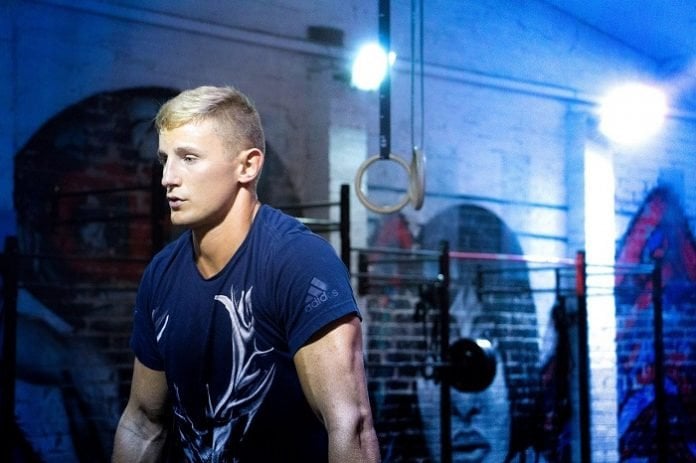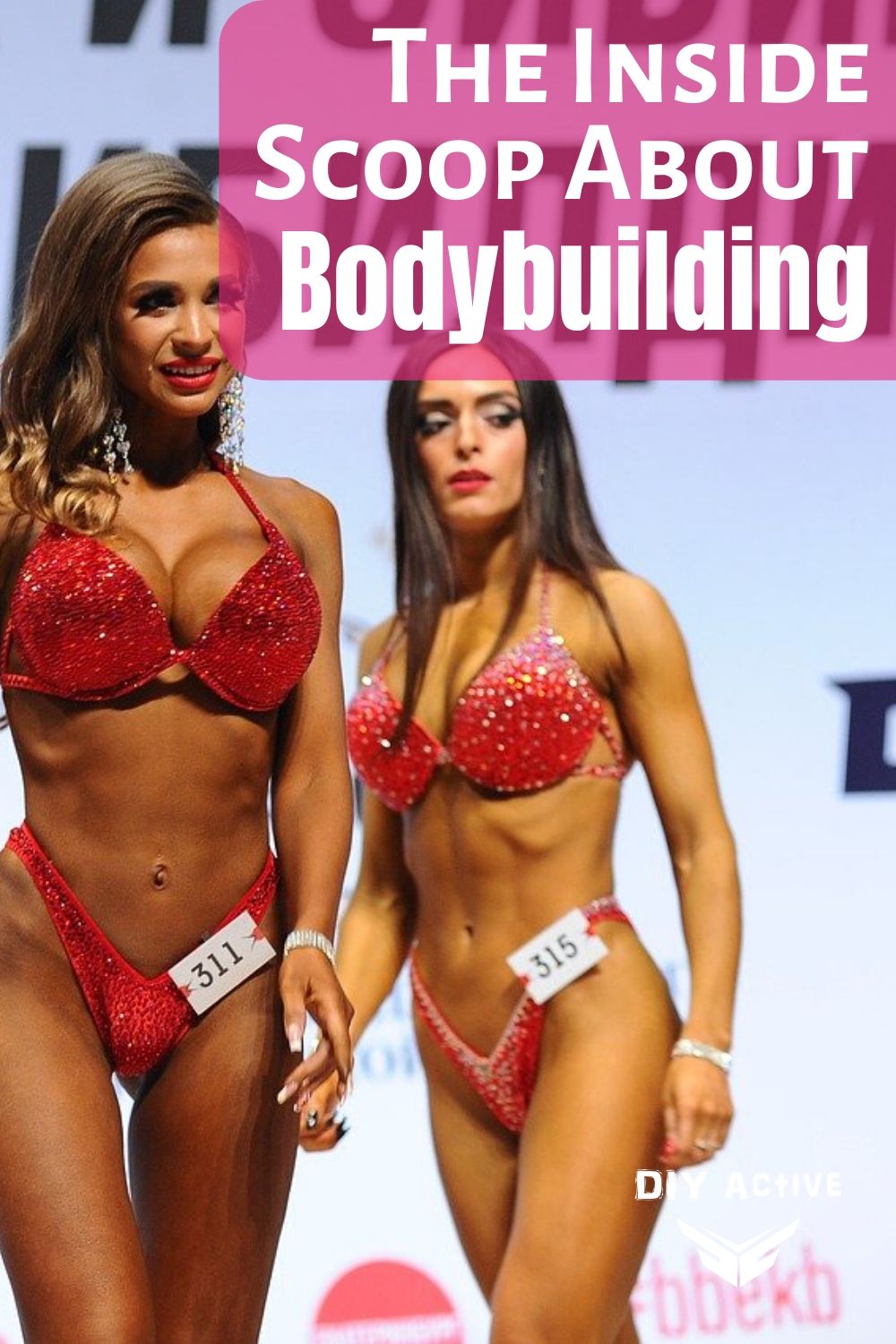
The Inside Scoop About Bodybuilding
I trained for bodybuilding competitions for two years straight in my early 20’s. I’m writing this article to give readers some insight into the dos and don’ts concerning bodybuilding/training for competitions.
Insider scoop about bodybuilding
Bodybuilding can be an extremely fulfilling and amazing experience. Even though in these next pages I will be speaking a lot about what didn’t work for me during this period, I am merely sharing these things to help readers learn what not to do.
Bodybuilding can truly empower individuals to take ownership of their bodies and when competing, put themselves out there in ways that can improve self-esteem and overall mental health. It can also provide community and purpose for people as well.
The Training Process
First and foremost, bodybuilding is not for the faint of heart. It takes more discipline and dedication than I can even describe. Routine and following a strict regimen are key.
This is why a lot of folks train for competitions on average 8-12 weeks at a time because it is a grueling process, and the body needs time to recover. I highly recommend following this model of training.
To Bodybuild or Not to Bodybuild?
Before starting to bodybuild, it’s important to know what your body/mind can and can’t handle, and base your program on that. It’s also essential to consider why you want to bodybuild.
For example, I got into it because an ex-partner said I wasn’t in shape enough. I have also known other people that got into training because of a divorce, low self-esteem, etc.
If you want to begin doing this type of work for someone else or to “fix” what you think about yourself, I would not begin training for competitions. True confidence comes within, and I think therapy and/or a support group would be a better fit to help you at this time.
However, I am in NO WAY saying that exercise can’t improve one’s self-esteem. It can, and I highly recommend exercise for all people! I just wouldn’t begin the intense process of training for competitions to fill some kind of hole in one’s myself.
 Bodybuilding bodies are temporary, and why go through all that work when you are only giving a temporary solution to an often permanent problem?
Bodybuilding bodies are temporary, and why go through all that work when you are only giving a temporary solution to an often permanent problem?
My Training Experience and Regimen
When I was bodybuilding, I made my whole world about training, and I was ready to compete within a year. However, I would argue that training for a year consecutively isn’t the healthiest approach in the long run.
I was lifting 2-3 hours six days a week, and riding my bike 16 miles a day to and from work. I was also training and teaching at 24 Hour, which was a very active job. At the most, I only gave myself one cheat meal a week and would log everything down to breath mints.
Furthermore, I was on a very strict nutrition plan that thoroughly mapped out everything I could and could not eat. I only gave myself a cheat day twice a year and was consuming on average 1500-2000 calories per day when I was burning close to 4000.
While I looked like a top-level athlete, my friendships suffered, I was starving constantly, and looking back, should not have been lifting so heavy due to my scoliosis.
Furthermore, depriving myself of all pleasures besides exercise for such a long time, after a while, left me feeling depleted and unsatiated. My self-esteem suffered too because even though I was 10.89% body fat, in my mind, I was never cut or lean enough.
How to Make Bodybuilding a Positive Experience
That’s why it’s so important to have a specific start and end date for the bodybuilding lifestyle. You can totally train multiple times in your life, but it shouldn’t be constantly.
When you begin bodybuilding, it’s very important to have a support system such as family, friends, and/or a therapist in place. It’s very tough on the psyche for everyone I have ever known that went through this process, and having people in your life to put things into perspective can really help.
Also, don’t let the judges get in your head. For one competition, we had a pre-comp. We had to undress down to our bikinis, and three judges circled each contestant for what seemed like forever.
They were critiquing everything about us- down to the smallest muscle and flap of skin. I was already quite lean, but it really messed with my head when they told me to cut more and build more. How can I cut more from 10% body fat?
Empower Yourself and Be Kind
You have to leave that stuff at the gym and continue with your life. Be kind and compassionate to yourself. Have a cheat meal once a week.
Tell yourself daily that “as long as you’re doing your best, that’s all you can do”. Find the strength and confidence in yourself to not let others affect your self-image and esteem. Perhaps, do a self-esteem workbook while training.
Check-in with yourself too to make sure you are properly taking care of your mind and body. Are you stretching? Foam rolling? Catering to other things that make you happy? Getting massages? Taking adequate time to relax/sleep?
Don’t let your body and workouts solely define you.
Know When to Reset and Take It a Little Easier
When you aren’t training to compete, it’s important to go easier on yourself with food. Now I am in no way saying to throw caution to the wind and eat unhealthy food constantly. However, I do think most people can benefit from indulging once in a while.
It’s also important on the off-season to cater to things that you don’t get to do when training such as seeing friends, investing time in hobbies, and doing workouts that have nothing to do with bodybuilding.
This will keep the mind happy, and replenish you enough to be ready to train for competitions again.
Everyone needs a reset, even those with a lot of brawn.
Always Cater to Your Health
Lastly, don’t lose sight of your long-term health. So many bodybuilders take all kinds of steroids and performance enhancers. Most of these supplements have not been tested on humans. Who knows the long-term effects?
A lot of people will buy from a friend and continue taking these supplements without consulting their doctors. This is risky stuff. And for what? Just to have muscles and be able to lift heavy?
When I stopped training for competitions, I lost my “bodybuilder body” in one month. I was still active, but not working out like I had and was giving myself a little more leeway in terms of diet.
With this being said, it would not have been worth sacrificing my health for something that could be lost in one month’s time.
Coming Off of Training
Also, when coming off of training be ready for your body to change. It will feel like your work of art is slowly being destroyed. Bodybuilding bodies are not sustainable. That’s why they are lost so fast once the intense training stops.
This is one major reason why it’s so important to not attach your whole worth to your bodybuilding physique.
Keep It Fun
In closing, training should be a fun and exciting time where you show yourself what you are truly made of. I am so proud of myself for training as hard as I did.
I proved to myself I could accomplish more than I ever thought I could competition-wise. However, it also showed me the error of my ways.
Wrap-Up
I now live a healthy and moderate life. Who knows if I will ever go back to competing? However, I am very grateful for the experience. I hope you all have learned some valuable things about what to watch out for when training for competitions.
Like I mentioned previously, it can be a very rewarding thing; it just comes down to implementing your program in a realistic and sustainable fashion while making sure to give TLC to the body and mind.
- Split Workout Routines: What Are They and Why Do Them? - January 14, 2024
- Practical Tips for Sticking To Your New Year’s Fitness Goals - January 10, 2023
- At Home Ab Workout: Why Work Out the Core? - March 3, 2022



